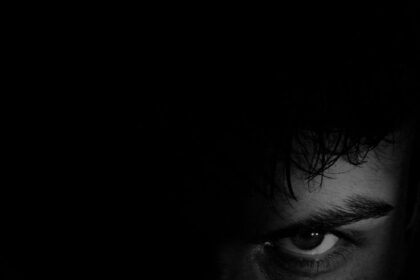Hierarchy tears societies apart and can make people feel out of place. In the same world, some people fight for the right to live their lives on their own terms, while others are merely struggling to stay alive. Despite having every reason to lose hope, they choose not to, understanding the true value of life. The world continues to fall apart as it always has. The reasons have changed over time, but the ultimate goal remains the same: disrupting peace.
In the 21st century, you can sue for gender discrimination or body shaming. Yet, a group of people who believe they are superior to those who just want to live freely continue to tease and control them. When these individuals resist, the powerful often ignite wars in the name of ethnic or religious superiority, further perpetuating the cycle of violence and oppression. What might be the reason the Creator endowed humans with diverse skin colors, leading to a complex and often misguided hierarchy based on these differences?
If weak ever become stronger, will the chain of oppression continue, or will they choose to stop it?
It might be nice if we could choose our place in this hierarchy, but that’s just a fantasy. Instead, we’re left navigating these social constructs. Being born isn’t something we choose, and the place or family we’re born into can be harsh. If you’re born into a minority ethnic or religious group, it often brings additional struggles and societal biases, highlighting how the circumstances of our birth can shape our lives in deeply uneven ways. The groups or individuals who initiated the racism game likely harbor a deep sense of inferiority, using racism as a means to assert superiority and mask their own insecurities.
For those who believe the spirit of humanity is still alive, if they knew about the hierarchical structure within the human race – where some races are deemed superior and others inferior, with the so-called superior race displaying cruelty – the question is, which human race would they choose? Would they decide to be among those who bully the weak, or choose to be defenseless? Or perhaps, if humans ever received this offer, only merciless people would remain on Earth. If a baby is born into a marginalized race, it’s not their fault, and they should not be subjected to bullying for it.
There are several wars happening around the world these days, often fought in the name of religious or ethnic groups. Every time a war takes place, the one with the oppressive thinking will start it, and the other side has to protect the children, elderly, women, men, and their hometowns. Wars inflict immediate physical damage and, even more profoundly, have long-lasting psychological effects that can be devastating. We are all equal as humans, regardless of our ethnic or religious backgrounds. One day, this planet might abruptly explode, wiping out all life in minutes, just like the dinosaurs. So, what’s the point of all this conflict?
We’re only here for a brief time span. When a war begins, it’s not just human lives that are lost; we also lose innocent souls like birds and stray animals. In simple words, it’s pointless to show power over the weak and create disturbance around the world. They shouldn’t do this, but again, the question is: “if the weak ever become stronger, will the chain of oppression continue, or will they choose to stop it?” If it’s in our nature, then maybe it’s not entirely our fault.
People judge others based on appearance, behavior, speech, and most importantly, income. Regardless of ethnicity or religion, one thing we all share is the tendency to judge others. Somehow, we’re all following the same path, playing roles our Creator has assigned us. If the weak were in a position of power, they might act the same way. It’s our destiny, written by the One who created the universe. The one thing we should never abandon is our faith in God.















